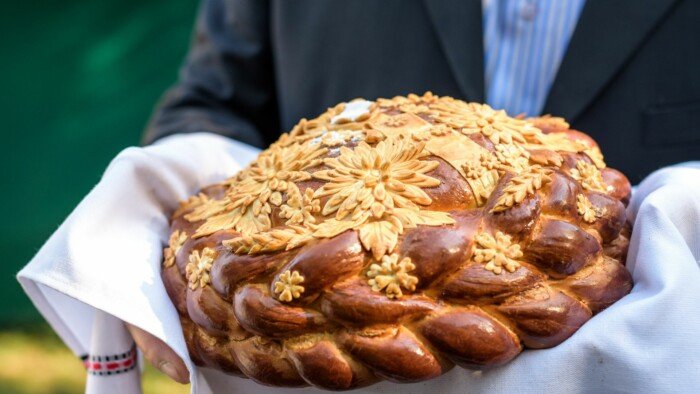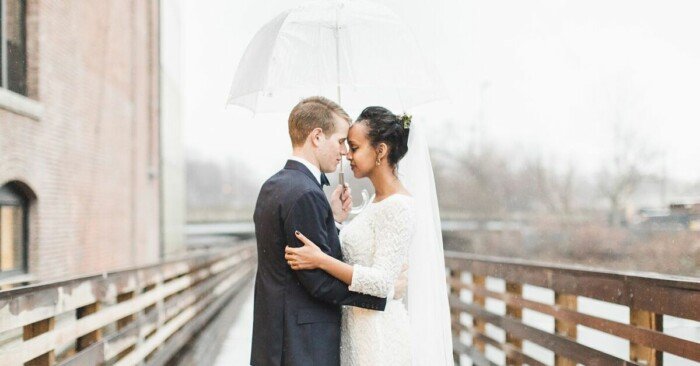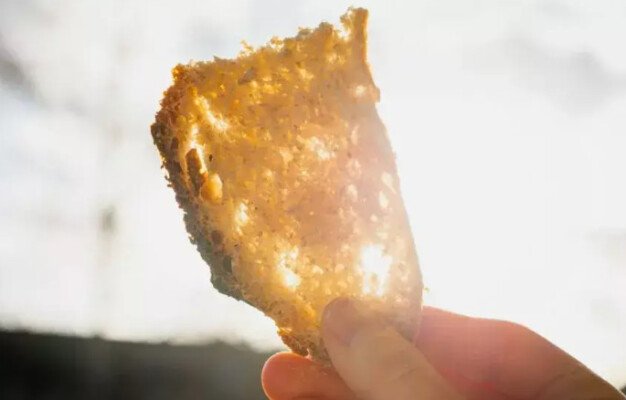|
Getting your Trinity Audio player ready...
|
Weddings are a time of joy and celebration, steeped in rich traditions that highlight the union of two souls. Among these customs, the sharing of bread holds a special place, symbolizing prosperity, unity, and the coming together of families. In this article, we embark on a delightful journey to explore the diverse and vibrant wedding bread traditions from around the world, each with its own unique flavours, symbolism, and cultural significance.

Facts About Wedding Bread Traditions
Here are some facts about marriage bread customs from around the world:
Symbolism
Wedding bread often symbolizes unity, prosperity, and blessings for the newlyweds.
Cultural Significance
Many wedding bread traditions have deep roots in cultural heritage and are passed down through generations.
Variety
Wedding bread comes in various forms, including soda bread, flatbread, sweet bread, and almond cakes like kransakaka.
Customs
In some cultures, breaking bread together during the wedding ceremony signifies the couple’s commitment to sharing their lives and supporting each other.
Decoration
Wedding bread is often adorned with symbolic patterns, ingredients, or intricate decorations that hold special meaning for the couple and their families.
Community Involvement
Sharing wedding bread with family and friends fosters a sense of community and togetherness, reflecting the importance of loved ones in the couple’s journey.
Wishes and Blessings
Guests often offer well wishes and blessings to the newlyweds as they partake in the wedding bread tradition, adding to the joyous atmosphere of the celebration.
Longevity
Some wedding bread traditions include rituals where each element of the bread symbolizes a year of happiness for the couple, expressing hopes for a long and prosperous marriage.



